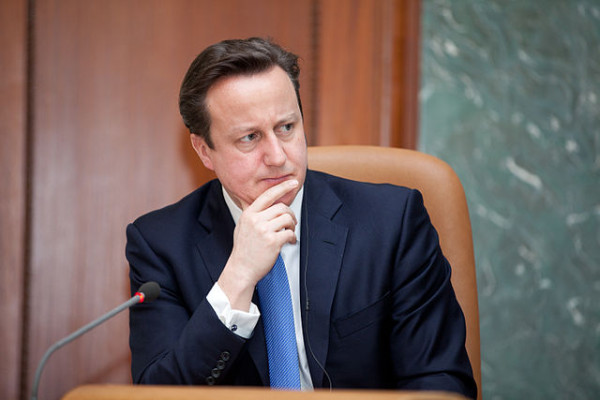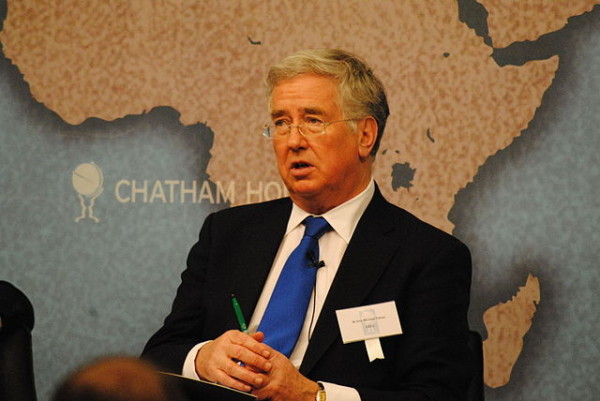
The British government recently announced plans to blunt the allure of Islamic extremism in Britain. The announcement came not a moment too soon.
By all accounts, more than 700 radicalized British citizens have travelled to Syria and Iraq to join jihadist organizations at war with the Syrian and Iraqi governments. Islamic State, that barbaric Sunni outfit which seeks to create a caliphate in the Middle East, is one of the groups that has been drawing British recruits.
The problem spans two continents. Two months ago, a British drone flying over Syria killed Reyaad Khan, a Briton suspected of being an Islamic State fighter. Britain was concerned he was planning attacks on British soil.

Britain, like France and Germany, has a substantial Muslim community and, unfortunately, a minority of its members have fallen under the invidious spell of radical Islam. These perverted individuals reject Western liberal values, call for societies to be governed by Shariah law, support terrorist campaigns directed at “infidel” governments and promote conspiracy theories infused with antisemitic venom.
British Prime Minister David Cameron, who has described the battle against jihadism as one of the defining struggles of our times, was right to say that Britain has no alternative but to combat this menace in its midst. “So we have a choice,” he said earlier this month in unveiling ideas for a new counter-extremism strategy to fight Islamic radicalism. “Do we choose to turn a blind eye, or do we choose to get out there and make the case for our British values?”

The aim of Cameron’s three-pronged strategy is sensible enough: to expose Muslim radicals, to pursue activists engaged in the radicalization process and to address social conditions that enable extremism to thrive.
With these objectives in mind, panels established by the British government will examine a wide range of options that can best deal with the phenomenon of radicalization. Britain is now considering the possibility of banning extremist organizations that promote hatred, restricting the movements of Britons known to engage in “harmful activities,” seizing the passports of would-be jihadists and preventing inflammatory material from being posted on the Internet.
In launching its campaign against Muslim extremists, Britain should take care to strike a fine balance between the imperative for maintaining security and the need to honor civil rights. The measures being contemplated should not, if possible, sow resentment among the broad Muslim public, or be a handy recruiting tool for jihadist opportunists.
The British government, in the meantime, should continue to target British citizens in Syria and Iraq who’ve joined Islamic State and similar organizations and who are plotting against Britain and its allies, including the United States.

Delivering a full-throated defence of this policy, British Defence Minister Michael Fallon has said that Britain will not recoil from doing what it must to preserve national security. “We wouldn’t hesitate to do it again,” said Fallon in a reference to the drone strike that killed Reyaad Khan.
Extrajudicial killings should not be undertaken lightly, but cold-blooded jihadists like Khan must be put on notice that their nefarious activities will no longer be tolerated.
